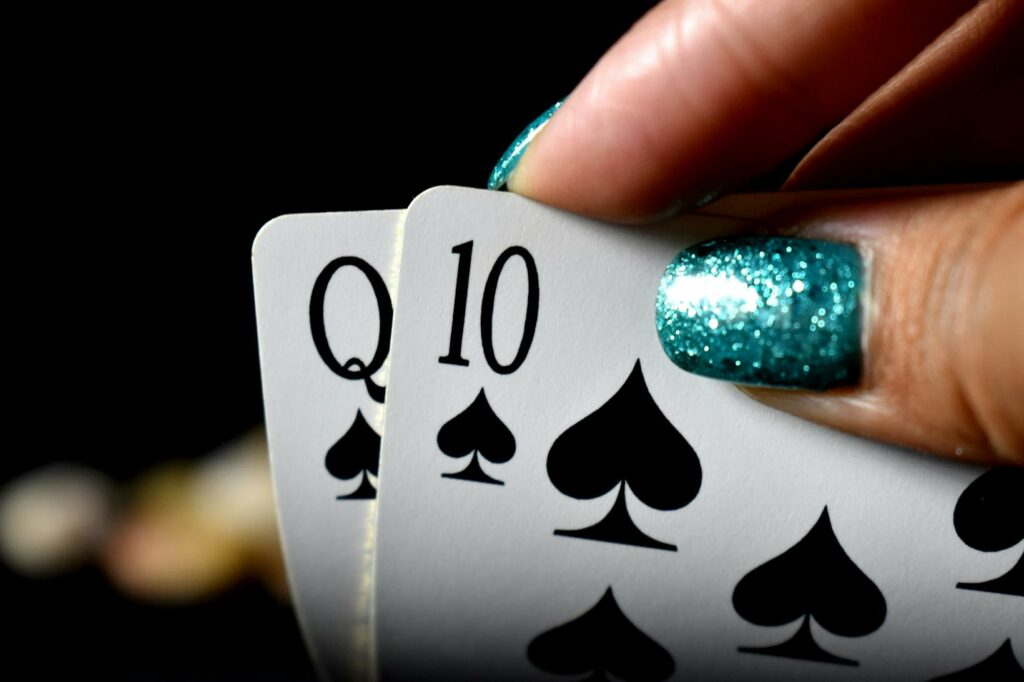In Iowa, understanding the legal age for gambling is crucial for both residents and visitors looking to try their luck in the state’s casinos. Knowing the age requirement can help individuals plan their entertainment options accordingly and ensure they comply with the law.
The gambling age in Iowa sets the minimum age for participating in various forms of gambling, including casino gaming and sports betting. By being aware of the age restrictions, individuals can make informed decisions about when and where they can engage in these activities.
Overview of Gambling Regulations in Iowa

Understanding the legal age for gambling in Iowa is essential for residents and visitors looking to engage in casino activities. Being informed about the age requirement allows individuals to plan their entertainment choices accordingly and stay compliant with the law.
The gambling age in Iowa sets the minimum age for participating in various forms of gambling, including casino gaming and sports betting, ensuring that individuals can make informed decisions about their participation in these activities. Whether an individual is a seasoned gambler or new to the scene, knowledge of the gambling age in Iowa is crucial for a seamless and enjoyable gambling experience.
Below are details on legal gambling forms and their age requirements in Iowa, along with a comparison of these regulations with surrounding states.
Legal Gambling Forms and Their Age Requirements
In Iowa, individuals must be at least 21 years old to engage in most forms of gambling. The minimum gambling age for casino gaming, including slot machines, table games, and poker, is 21. Similarly, sports betting in Iowa also requires participants to be 21 years of age. However, the state allows for individuals as young as 18 to participate in pari-mutuel wagering on horse and dog races.
Comparison With Surrounding States
When compared to its neighboring states, Iowa has a slightly higher minimum gambling age. Illinois, Nebraska, Minnesota, South Dakota, and Missouri all have a minimum gambling age of 21 for casino gaming and sports betting, aligning with Iowa regulations.
On the other hand, Wisconsin allows individuals as young as 18 to engage in casino gambling. This variation in age requirements highlights the importance of understanding the specific regulations in each state before participating in gambling activities.
Gambling Age In Iowa
Understanding the impact of gambling age laws in Iowa is crucial for residents and visitors alike. The regulations not only shape the gaming landscape but also have broader implications on various aspects of society.
Economic Effects
The gambling age laws in Iowa play a significant role in shaping the state’s economy. By setting the minimum age for gambling at 21, the regulations help regulate the flow of revenue into the industry. Limiting access to younger individuals ensures responsible gambling practices and contributes to a more stable economic environment. It also helps in controlling the overall impact of gambling on the state’s financial landscape.
Social Implications
 In Iowa, the gambling age laws have social implications that extend beyond the gaming sector. By establishing a minimum age requirement of 21 for most forms of gambling, such as casino gaming and sports betting, the state aims to protect younger individuals from the potential risks associated with gambling.
In Iowa, the gambling age laws have social implications that extend beyond the gaming sector. By establishing a minimum age requirement of 21 for most forms of gambling, such as casino gaming and sports betting, the state aims to protect younger individuals from the potential risks associated with gambling.
These regulations promote responsible gambling behavior and help safeguard the well-being of vulnerable populations. Additionally, by enforcing age restrictions, Iowa seeks to mitigate negative social consequences that may arise from excessive or underage gambling.
Understanding the legal gambling age in Iowa is crucial for both entertainment planning and legal compliance. The recent changes in Iowa’s gambling age laws have sparked debates among lawmakers, industry stakeholders, and the public. The focus remains on promoting responsible gambling behavior and safeguarding younger individuals from the risks associated with gambling.
It is essential to monitor the effects of these new regulations to ensure a balanced and safe gambling environment in Iowa.


